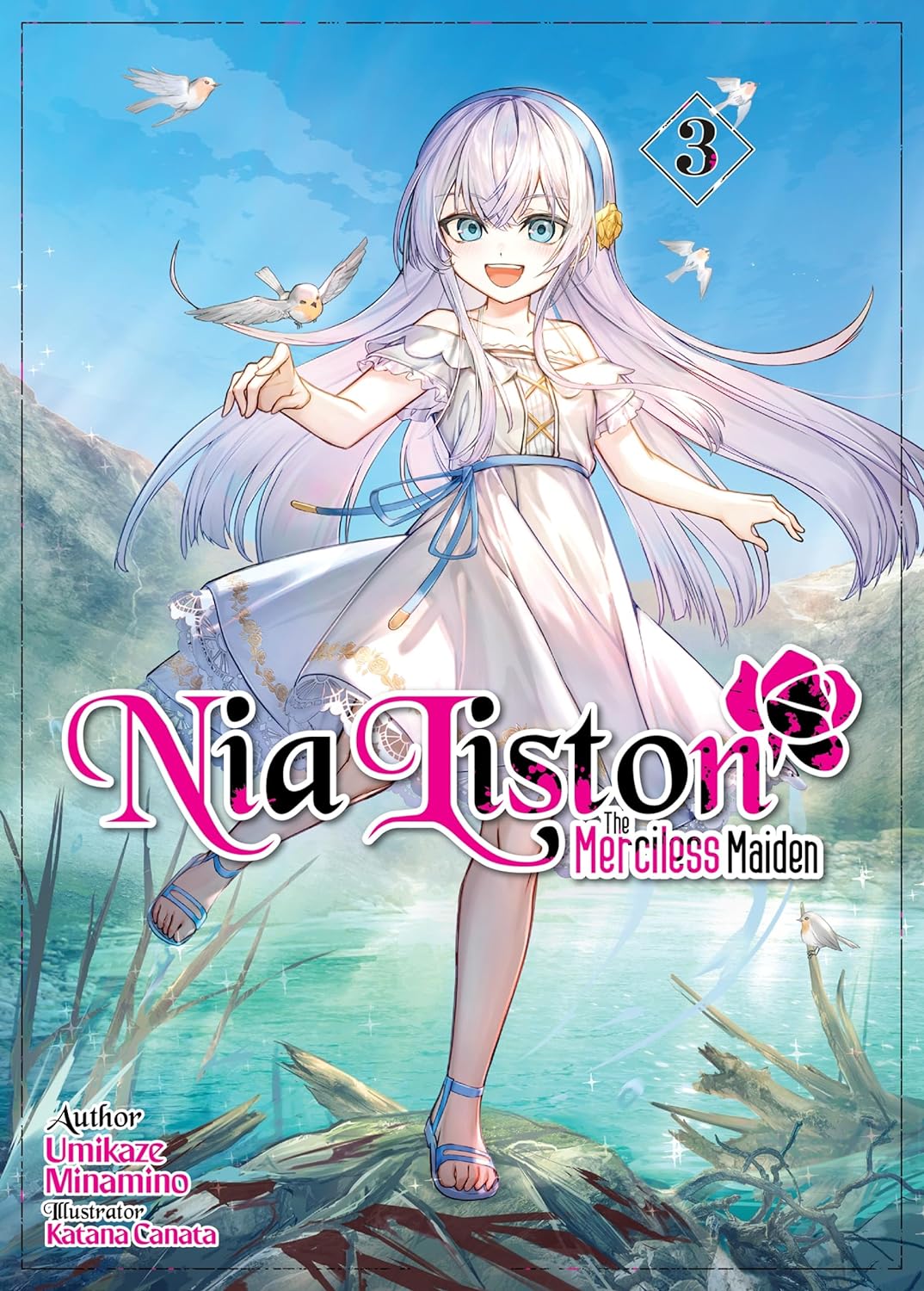By Yuumikan and KOIN. Released in Japan as “Itai no wa Iya nano de Bōgyoryoku ni Kyokufuri Shitai to Omoimasu” by Kadokawa Books. Released in North America by Yen On. Translated by Andrew Cunningham.
One of the biggest Achilles’ heels of the Bofuri series, which I’m sure the author is aware of, is that it works best when Maple is being completely weird and bonkers. It’s the reason we read this – well, for those not reading it to see if Maple and Sally get married, that is. But you can’t have that happening all the time, especially since the author really loves to essentially write out game logs and turn them into prose. So the series has a constant struggle: how do we keep the audience’s interest when Maple is not being Maple but is instead just being a gamer girl? The best example of that comes at the end of this book, when we get a big, climactic fight against a very tough boss which Maple has to solo… without any of her bag of tricks except her passive skills. The highlight of the book for me was seeing Maple take a deep cut with a sword, and her face twisting in pain. We’ve beaten the title of the series!
The bulk of this book is setup for the battle royale that’s going to happen in Book 14. Maple Tree arrives on the new floor, and are introduced to two areas – one water and human NPC-based, the other fire and monster-NPC based. They have a while to explore both camps, scope out the land, do quests, and finally, they have to choose a side and fight against those who choose the other side. So Sally maps things, Maple explores how to use the cool new powers she hasn’t really used in public yet, and the twins show off the fact that they can not only octo-wield, but also THROW the hammers they wield. Unfortunately, while exploring the library of the fire side, Maple ends up being tricked into opening a grimoire. Now she’s cursed, and has to do an impressive number of tasks… without anything but her defense, her shield, and her passive skills. Will she finally be killed off?
So, sadly, Sally may fight Maple one-on-one one day, but that day is not coming soon, as Maple still wants everyone to fight together, and Sally won’t do it if Maple’s not at least accepting of it. So Maple Tree are all on the same side. They’re joined by Pain’s gang, which should be interesting. We don’t hear where Mii’s group is, but I assume the other side, as otherwise things would be too imbalanced. The cover art also has Lily on it in her “offense” mode, and I think she (and Velvet, who explicitly wants to fight Maple) will also be on the opposite side. If it sounds like I’m talking too much about a fight that hasn’t happened yet, well, that’s this book’s big flaw – it doesn’t get to the fight it promises. That said, the battle between Maple and her cursed grimoire monster is fantastic, one of the best written fights in the series. Makes it worth the slog.
So yeah, Maple can triumph even without being weird. Don’t expect that to last, though.



